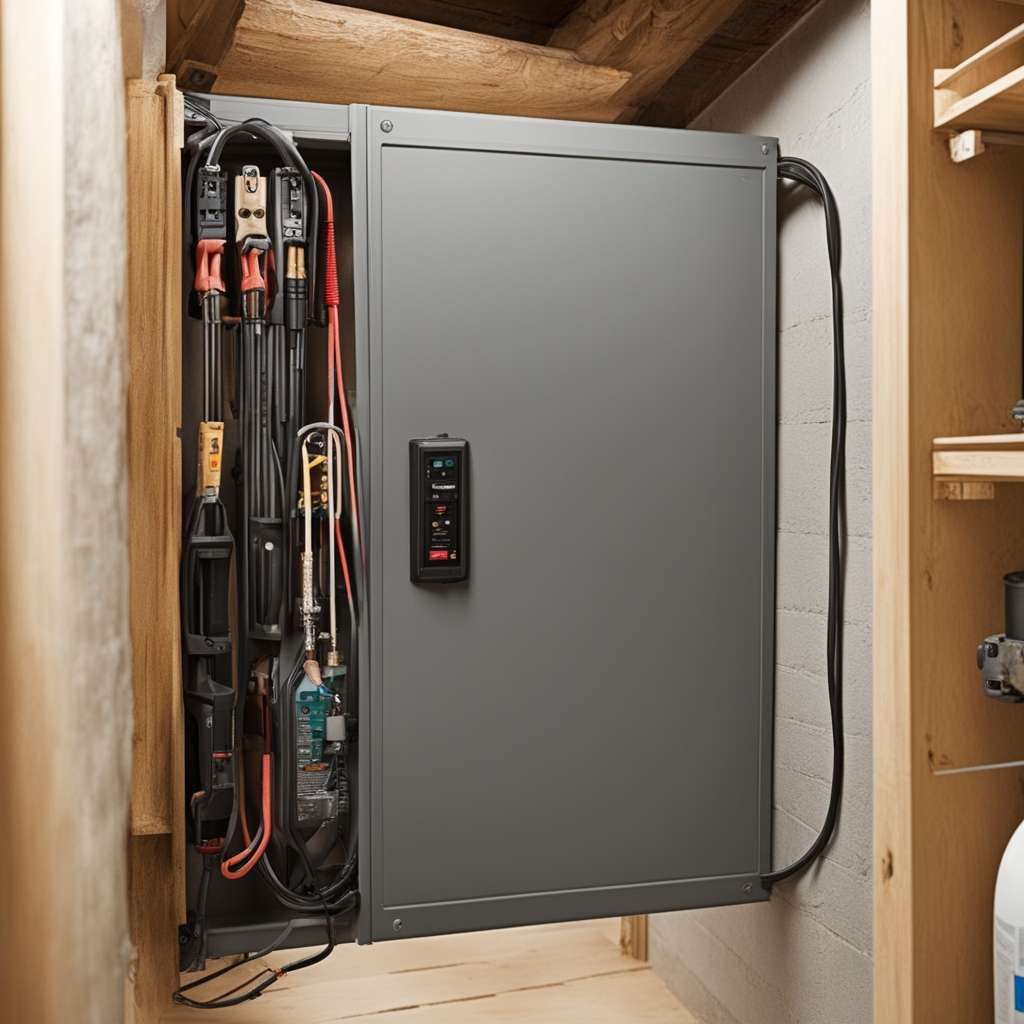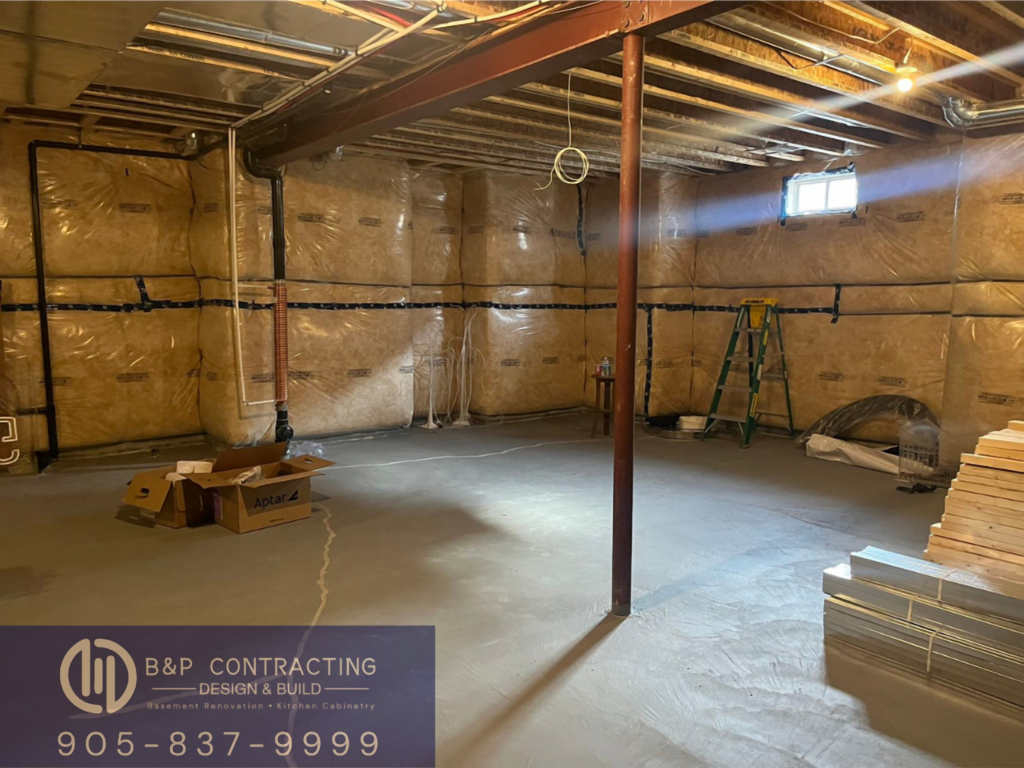Importance of adding a sub-panel during your basement remodel
Importance of adding a sub-panel during your basement remodel Fixing up and changing the wiring in your basement is an important Part of the basement renovation, When it comes to addressing your basement’s electrical requirements, the installation of a sub-panel is worth considering. This becomes particularly important if you plan to use heavy appliances and […]
Importance of adding a sub-panel during your basement remodel Read More »


